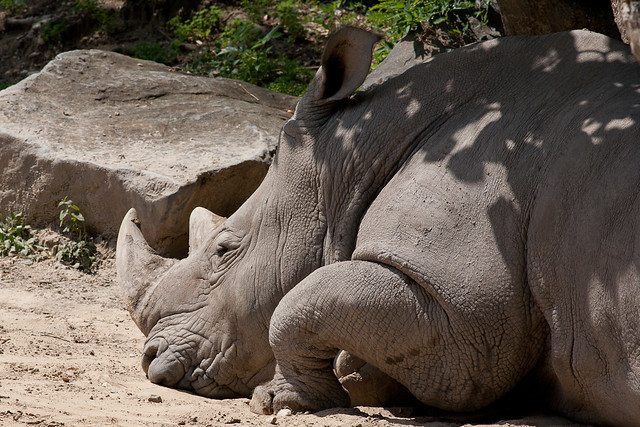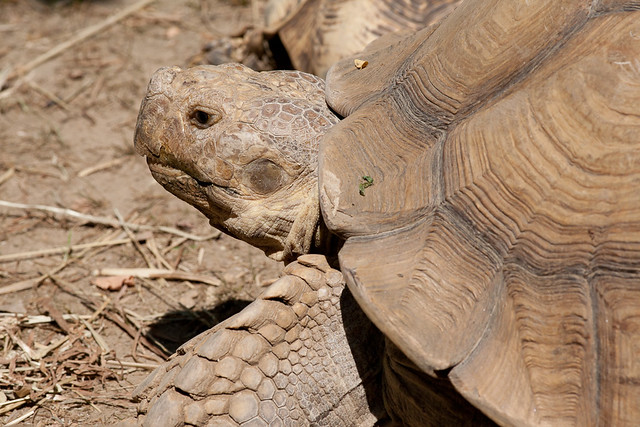Perhaps most strikingly, Bangladesh—the world's third most populous Muslim-majority country after Indonesia and Pakistan—has shown a willingness to confront both terrorism and the radical Islamic ideology that underpins it. Since taking office in 2009, the Awami League-led government has arrested local members of the Pakistani terrorist group Lashkar-e-Taiba, the al Qaeda affiliate Harkat-ul-Jihad-al-Islami-Bangladesh, and Jamaat-ul-Mujahideen, a domestic outfit responsible for a wave of bombings in 2005.
In July, the Supreme Court struck down a 31-year-old constitutional amendment and restored Bangladesh to its founding status as a secular republic. The government has banned the writings of the radical Islamic ideologue Abul Ala Maududi (1903-79), founder of Jamaat-e-Islami, the subcontinent's most influential Islamist organization. Maududi regarded warfare for the faith as an exalted form of piety and encouraged the subjugation of women and non-Muslims. A long-awaited war crimes tribunal will try senior Jamaat-e-Islami figures implicated in mass murder during Bangladesh's bloody secession from Pakistan.
This is apparently riling up foreign Islamists: US Islamists Take Issue with Bangladesh's Crackdown on Radicals.
Well, everyone's true colors will out. Here is some of what Bangladesh has done:
* Four senior Jamaat-e-Islami (JI) leaders, including the party's leader Maulana Motiur Rahman Nizami, were arrested in July in connection with mass killings and other war crimes committed during the 1971 war of independence from Pakistan. The four reportedly led Islamist militias targeting pro-independence supporters and religious minorities. Bangladeshi sources claim the Pakistani army, with the aid of local collaborators, killed as many as 3 million people during the nine-month war that ended with the surrender of the Pakistani army and Bangladesh's emergence as an independent nation.
* A recent ban was imposed on books by Islamist scholar Maulana Syed Abdul Ala Maududi in mosques and libraries across Bangladesh. Maududi founded the Jamaat-e-Islami (JI) party in 1941 in Lahore, Pakistan, then part of British India. He is a leading pioneer of Islamic revivalism in South Asia and has been reported to be inspired by the Ikhwan al-Muslimeen or the Muslim Brotherhood, a global Islamic revivalist movement founded in Egypt in 1928 that seeks to establish a worldwide caliphate based on Islamic law. In one of those books, Let us be Muslim, Maududi preached that Muslims "must strive to change the wrong basis of government, and seize all powers to rule and make laws from those who do not fear God."
* Bangladesh's Supreme Court delivered a landmark verdict in July overturning a 1979 constitutional amendment legitimizing military rule and sanctioning the participation of religious parties in politics. "Secularism will again be the cornerstone of our constitution," said law minister Shafiq Ahmed. "Islamic parties cannot use religion in politics anymore." The country's highest court also ruled the use of religious fatwas to mete punishment "illegal and without legal authority."
* Earlier this year, police arrested Mohiuddin Ahmed and Syed Golam Mawla, top leaders of Hizb ut-Tahrir, a global Islamist movement that seeks to establish a worldwide Islamist caliphate ruled by Sharia. Both Ahmed and Mawla are professors at the prestigious Dhaka University and Ahmed is the chief coordinator of HuT in Bangladesh. The arrests followed the government's ban of the HuT in October last year.






